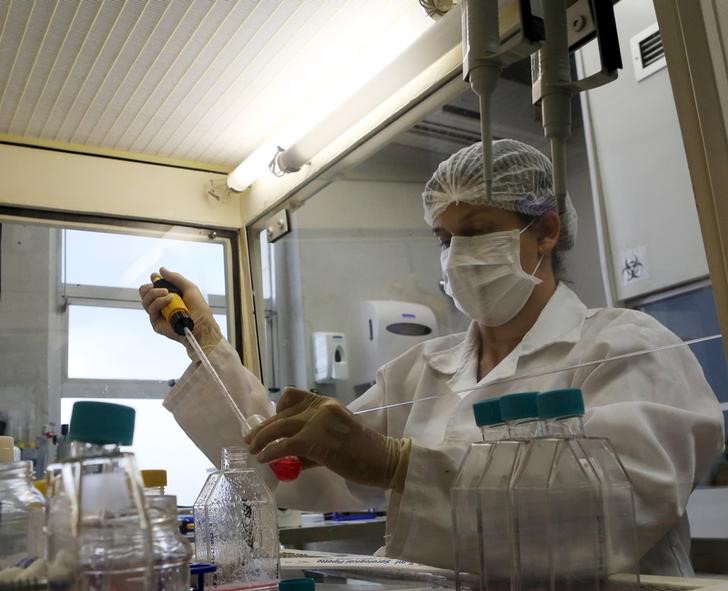By Natalie Grover and Divya Grover
July 24 (Reuters) - U.S. Food and Drug Administration scientists on Monday raised concerns that Intellipharmaceutics International Inc IPCI.TO failed to provide data from studies testing the abuse potential of its long-acting opioid painkiller.
Opioids are considered the gold standard in treating pain that persists despite other forms of therapy, but the rising wave of abuse is taking a toll on the healthcare system.
Health regulators have implemented a slew of measures of limit their supply, in particular requiring drugmakers to prove their painkillers are designed to discourage abuse as addicts devise fresher ways to get their fix.
Canada-based Intellipharma's product, Rexista, has been developed as a unique abuse-deterrent version of Purdue Pharma's blockbuster OxyContin, which already has tamper-resistant properties.
Both painkillers contain oxycodone - one of three leading drugs involved in prescription opioid deaths - according to the Centers for Disease Control and Prevention (CDC).
Intellipharma's IPCI.O formulation is designed to improve upon OxyContin, most notably in that Rexista contains a blue dye designed to be emitted if the tablet is tampered with or crushed.
Long-acting opioids contain high doses of narcotics designed to be released over time. If crushed pills are snorted or injected, they release their full dose all at once, making them dangerous and valuable for addicts.
In a preliminary review on Monday, FDA staffers said abuse-liability data had not been submitted as part of Rexista's marketing application. pursuing the approval of multiple Rexista doses, safety data collected on the drug is of "limited value" since it came from mainly single-dose studies, they said.
FDA scientists also noted that Rexista was relatively easier to crush than OxyContin, but agreed that it was similar to or was relatively less likely to be manipulated for abuse using a syringe.
Staff members also concluded Rexista was less likely to vaporise if manipulated for abuse via inhalation, and that it was not easy to separate the blue dye and nasal irritant in the drug without extensive knowledge of chemistry.
The report comes two days ahead of a meeting of independent advisers who will make recommendations on Rexista. The FDA is expected to make its decision by Sept. 25.
However, since Purdue has sued Intellipharma claiming patent infringement, the drug's full approval is contingent on the outcome of the lawsuit.
Intellipharma's U.S.-listed shares were down as much as 10.8 percent to $2.40 in morning trading.
